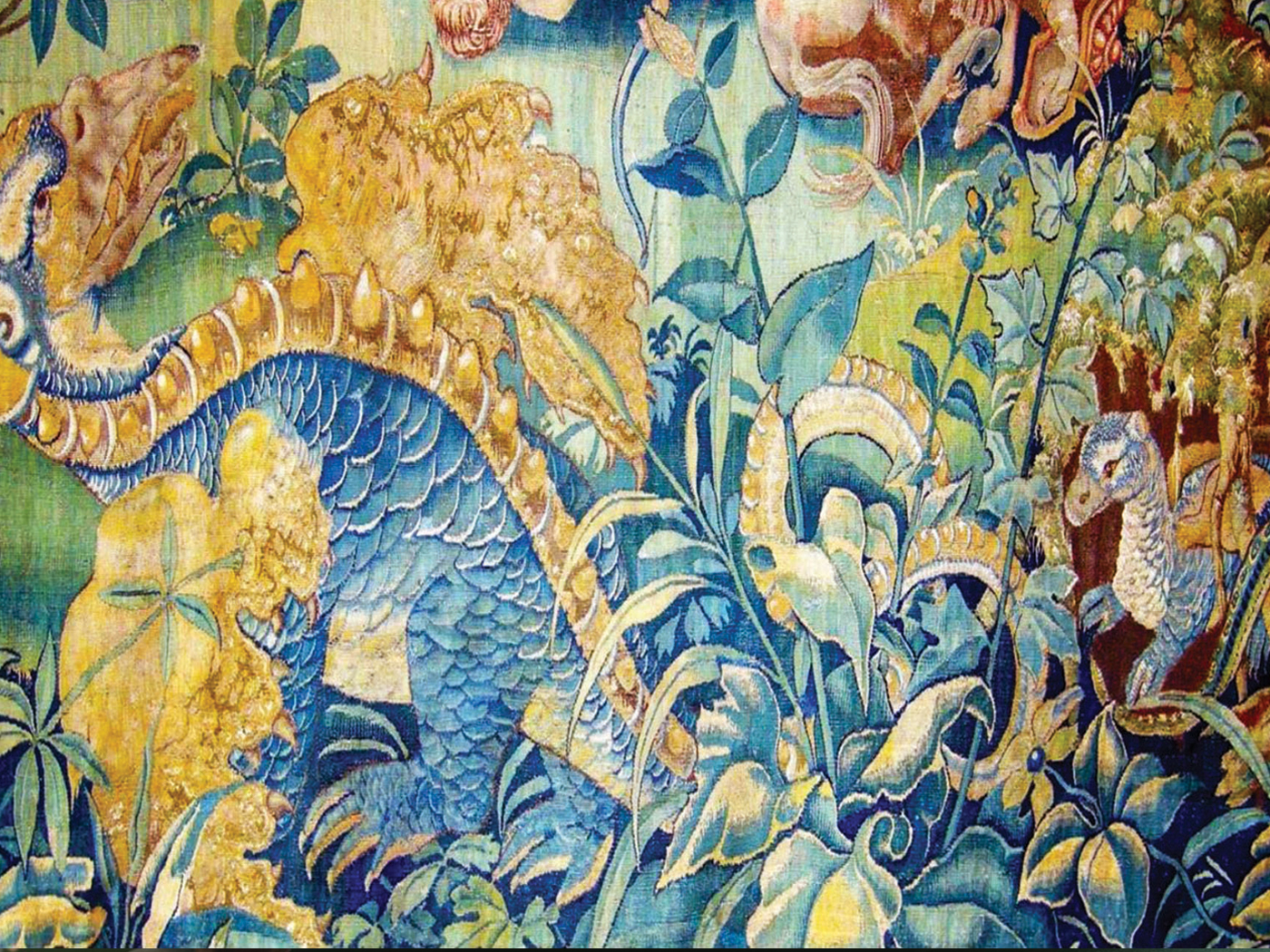Early South African Clambakes
Right on the heels of the shattering news that Homo erectus is not our ancestor—previously taught as a fact to generations of schoolchildren and the lay public—comes the discovery that man was essentially modern some “164,000 years ago.” The crux of this breaking news story is simple: man has engaged in human activities a lot longer (evolutionarily speaking) than was previously thought.
C.W. Marean and a host of co-authors reported in the October 18, 2007, issue of Nature magazine that modern man appeared in South Africa from 100 to 200 thousand years ago. This wide range of possible dates demonstrates the tenuous nature of accurately dating the evidence. Imagine a patrolman stopping you for speeding and citing your speed as 60 to 120 miles per hour.
The authors present three evidences that show fully-modern man could easily have lived in South African caves: a small blade (“bladelet stone tool technology,” according to the Nature article), reddish pigment for “primitive” makeup, and cooked seafood.
If man has always been man, then finding evidence that he enjoyed food from the sea is not surprising, nor is the use of makeup.
Once again the philosophy of evolution has failed to predict what the physical evidence reveals: people eating seafood “40,000 years earlier than previously thought [i.e., than what Darwinism predicted]” according to AP science writer Seth Borenstein.
Creation scientists have been saying for decades that man was “smart from the start,” and according to Genesis, man has always been man (Genesis 1:26-27).
The evidence presented by the article in Nature provides no support for the idea that man supposedly evolved from ape-like ancestors, and instead just fine-tunes the time frame in which he has allegedly lived.
Man has always been man.
This article was originally published October, 2007. "Early South African Clambakes", Institute for Creation Research, https://www.icr.org/article/early-south-african-clambakes (accessed December 13, 2025).









